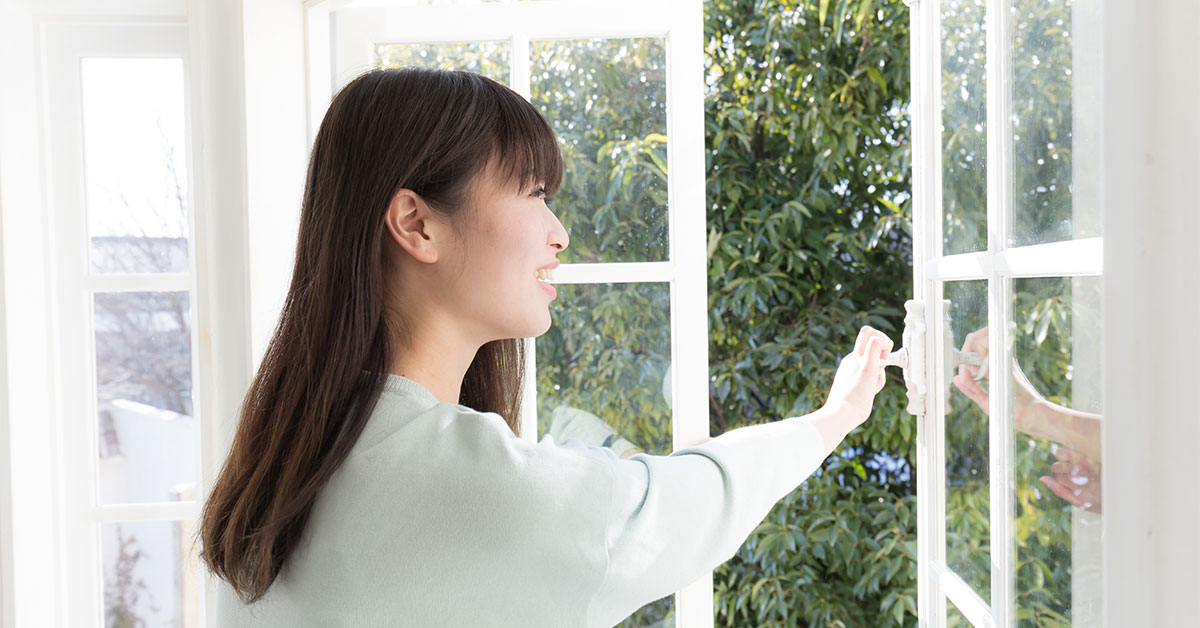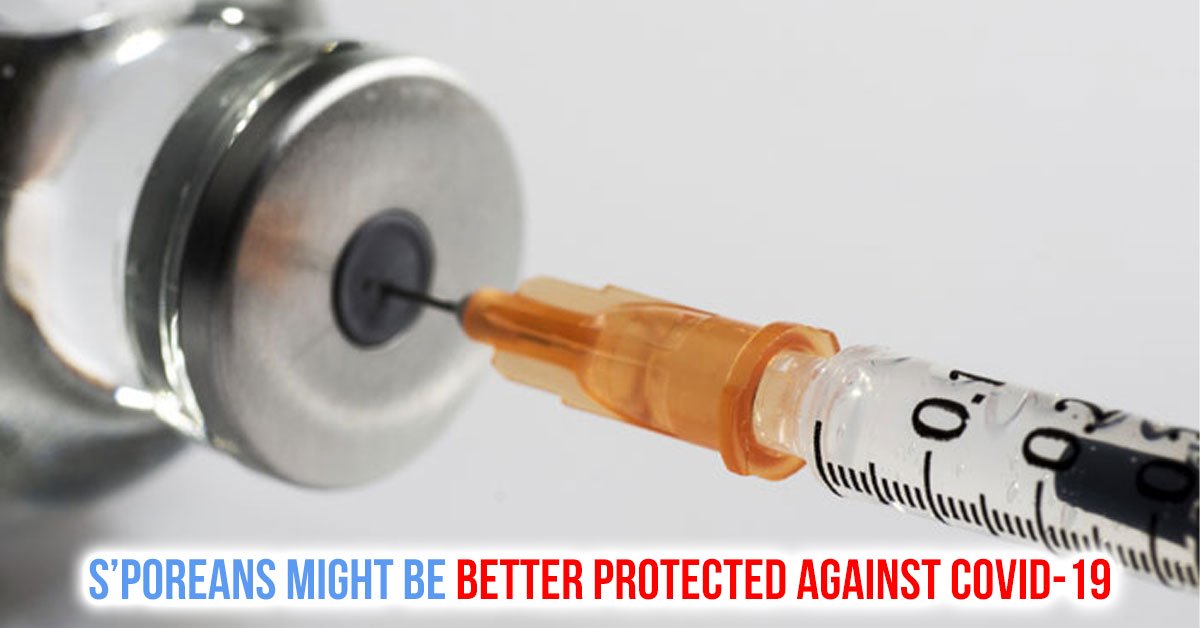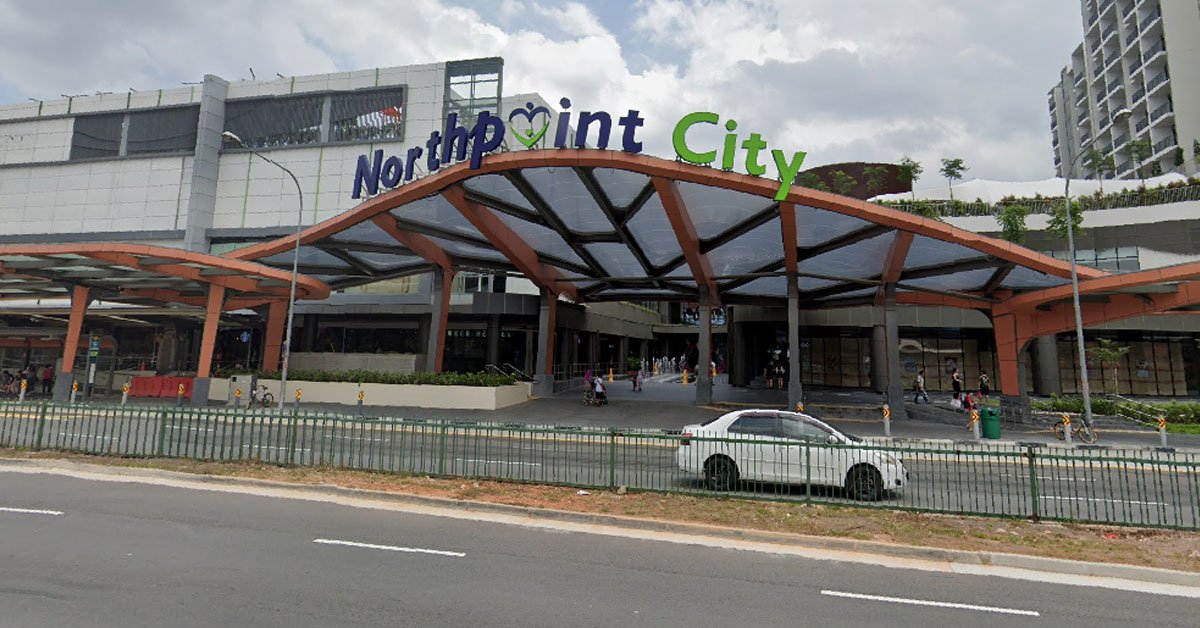Amidst the spread of the novel coronavirus crisis, Singapore has upped its measures, one of which included raising the DORSCON code to Orange.
And with DORSCON Orange came a whole list of other measures that have been implemented by the government in hopes of preventing further spread of the virus.
For instance, offices are now making temperature taking compulsory, which led to long queues and crowds outside office buildings in the CBD.
Experts Say We Should Stop Using Aircon & Open More Windows To Reduce Risk Of nCoV
According to The Straits Times, studies conducted by experts have established that turning on the fan and getting fresh air will help to reduce the chances of getting infected by the novel coronavirus.
Of course, this should be done on top of practising personal hygiene by washing your hands and disinfecting surfaces.
Let me explain why this is the case:
Details regarding the virus remain largely unknown, however past studies have proven that viruses thrive better in cool and dry climates.
This means that fresh air and Singapore’s hot weather will make it less conducive for the virus to thrive.
MOH’s Chief Health Scientist Announced This At A Press Conference
This news was announced by the Ministry of Health’s (MOH) chief health scientist Professor Tan Chorh Chuan at a press conference.
“The likelihood of viral persistence outdoors is lower,” he said, acknowledging that air-conditioning is commonly used in Singapore.
“But enclosed spaces, where it is less humid and cooler, could help to spread respiratory diseases.”
TLDR: Ensure that you reduce the spread of diseases by keeping windows and doors open so that rooms receive ventilation.
Prof Tan is just one among the eight infectious disease experts in Singapore who was at the press conference to inform the media on what has been done to combat the 2019-nCoV based on science.
Following the severe acute respiratory syndrome (Sars) back in 2003, much research has been done to study how long viruses can stay on surfaces.
“Most of the studies indicate they don’t persist well in hot, humid environments,” he added. “Hot and humid meaning over 30 deg C, and with humidity levels of over 80 per cent.”
Lest you’re unaware, Sars belongs to the same family as the coronavirus. At the time of writing, Singapore currently has 45 confirmed cases of the novel coronavirus.



